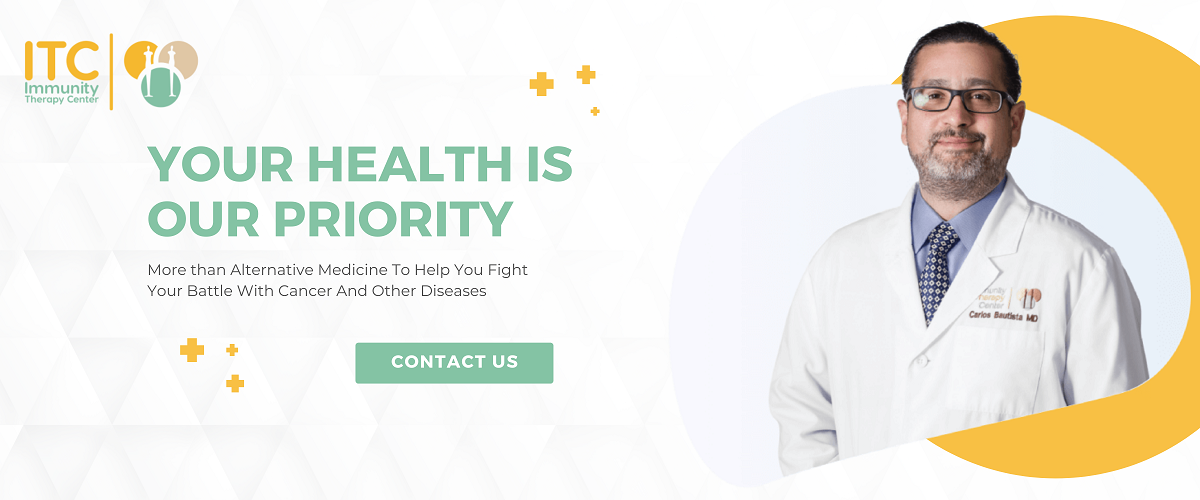Breast cancer is not only one of the most prevalent cancers among women worldwide; it also carries a significant hereditary component that cannot be overlooked. When discussing how hereditary breast cancer is, it’s important to understand that a family history of the disease can substantially increase an individual’s risk. In families where breast cancer is common, genetic predispositions play a central role, often passed down from one generation to the next.
Family History and Breast Cancer Risk
The question, “Does breast cancer run in families?” is frequently asked, and the answer is yes. If a woman has a first-degree relative (mother, sister, or daughter) who has been diagnosed with breast cancer, her risk of developing the disease approximately doubles. Those with two first-degree relatives diagnosed have about a threefold risk factor. This pattern suggests that hereditary factors are at work, which can include shared lifestyles and environmental factors but are predominantly influenced by inherited genetic mutations.
These facts emphasize the importance of surveillance and proactive management for individuals with a significant family history of breast cancer. Regular breast cancer screening, which can include mammograms and genetic BRCA testing, becomes even more important to detect any signs of the disease at an early and potentially more treatable breast cancer stage.
BRCA1 and BRCA2 Genes
When diving into the genetics of the disease, the BRCA1 and BRCA2 gene mutations stand out among what causes breast cancer in females due to their notable impact on an individual’s risk. Mutations in these genes are the most well-known and potent breast cancer risk factors, as well as the risk for ovarian cancer. For those exploring supportive care options, consider holistic treatment for ovarian cancer as part of a broader wellness approach. Understanding what the breast cancer gene is involves looking at how these particular genes function and their role in cell repair.
The BRCA1 and BRCA2 genes produce proteins that help repair damaged DNA, ensuring the stability of the cell’s genetic material. When either of these genes is mutated, DNA damage may not be repaired properly, which can lead to further genetic alterations that cause cancer. “How many types of breast cancer are there?” is a relevant question here, as the BRCA mutation is strongly linked to the development of hereditary breast and ovarian cancers, but it also influences the risk of other cancer types.
For individuals with either a BRCA1 or BRCA2 mutation, the likelihood of developing breast cancer by age 70 is significantly increased. Women with a BRCA1 mutation have a risk of 55-65% of developing breast cancer by age 70, while those with a BRCA2 mutation have a risk of around 45%. This compares to a 12% lifetime risk in the general population, highlighting the substantial impact of these genetic factors.
These insights into the genetic underpinnings of breast cancer underscore the necessity for targeted genetic counseling and testing, particularly for those who are at a high familial risk. By understanding their genetic makeup, individuals can make informed decisions about their health, including taking preventive measures or considering breast cancer alternative treatment options that might better suit their health profiles.
Other Genetic Mutations Linked to Breast Cancer
While BRCA1 and BRCA2 are the most recognized genes associated with breast cancer risk, other genetic mutations also play a crucial role. Genes such as PALB2, TP53, and CHEK2 have been identified as significant contributors to the risk of developing breast cancer.
PALB2 is often referred to as a “partner and localizer of BRCA2” because it works closely with the BRCA2 gene in DNA repair. Mutations in PALB2 can lead to similar breast cancer risks as those seen with BRCA2 mutations. On the other hand, TP53, which plays a role in cell cycle control and apoptosis, is notorious for its involvement in Li-Fraumeni syndrome, a rare disorder that greatly increases the risk of developing several types of cancer, including breast cancer. CHEK2 is another critical gene, functioning as a tumor suppressor. Mutations in CHEK2 increase the risk of breast cancer moderately but significantly.
These genetic mutations are typically inherited in an autosomal dominant pattern, meaning that inheriting only one faulty BRCA2 gene from one parent can increase the risk of developing breast cancer. The impact of these mutations on how prevalent breast cancer is underscores the importance of genetic screenings for individuals with a family history of the disease. Such screenings can provide crucial information for early detection strategies, potentially leading to earlier and more effective interventions.
Holistic and Alternative Treatments for Genetic Risk
At the Immunity Therapy Center in Mexico, a unique approach to treating breast cancer is offered, particularly for those with genetic predispositions. Recognizing the complexities of genetic risks, we provide a range of holistic and alternative treatments as an alternative to conventional cancer therapies.
ITC’s treatments focus on enhancing the body’s natural ability to fight cancer, incorporating therapies such as ozone therapy, hyperthermia, and immune-enhancing treatments. These methods are seen not just as supplementary but as central elements of an effective breast cancer treatment strategy, particularly appealing to those seeking a more natural approach to cancer care.
If you are concerned about a genetic predisposition for breast cancer, contact us at the Immunity Therapy Center today to schedule a free consultation.
Sources:
- American Society of Clinical Oncology. Breast Cancer: Risk Factors and Prevention. https://www.cancer.net/cancer-types/breast-cancer/risk-factors-and-prevention
- National Cancer Institute. BRCA Gene Mutations: Cancer Risk and Genetic Testing. https://www.cancer.gov/about-cancer/causes-prevention/genetics/brca-fact-sheet
- American Cancer Society. Breast Cancer Risk Factors You Cannot Change. https://www.cancer.org/cancer/types/breast-cancer/risk-and-prevention/breast-cancer-risk-factors-you-cannot-change.html
At Immunity Therapy Center, our goal is to provide objective, updated, and research-based information on all health-related topics. This article is based on scientific research and/or other scientific articles. All information has been fact-checked and reviewed by Dr. Carlos Bautista, a Board Certified Medical Doctor at Immunity Therapy Center. All information published on the site must undergo an extensive review process to ensure accuracy. This article contains trusted sources with all references hyperlinked for the reader's visibility.

